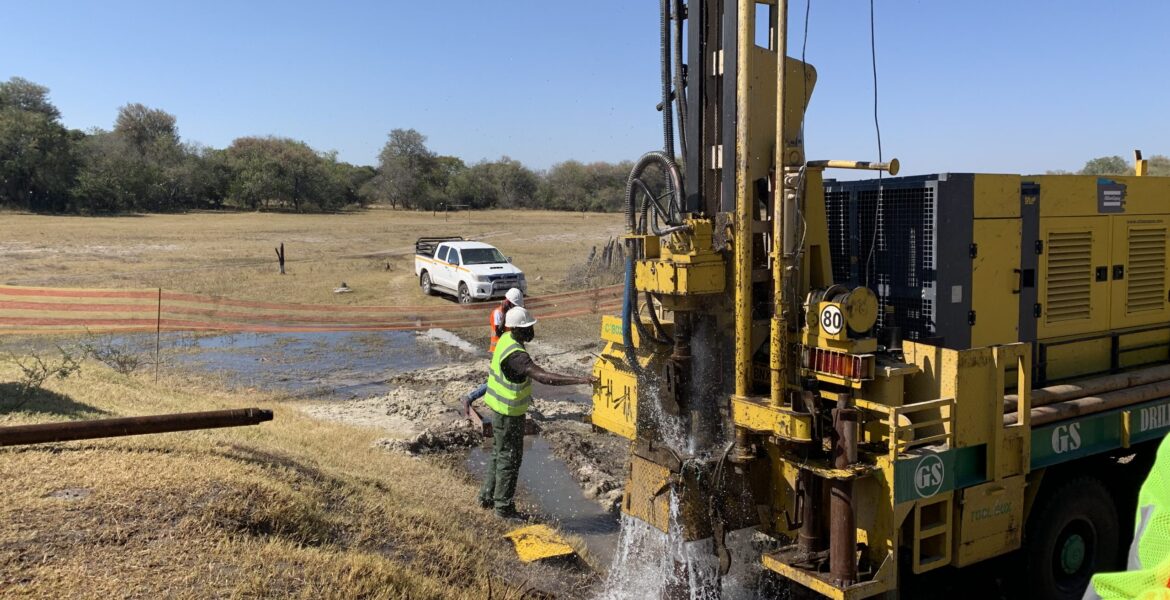- Residents are encouraged to connect to the sewage network once the project is completed
GAZETTE REPORTER
The ongoing Maun Phase II Water Supply and Sanitation Project is on track to enhance water supply and sanitation services in Maun and its surrounding villages.
The P3.4 billion megaproject, which is aimed at providing water supply security and improving sanitation, is anticipated to be completed by March next year.
The Deputy Permanent Secretary in the Ministry of Land Management, Water and Sanitation Services, Nchidzi Mmolawa, recently acknowledged the longstanding water supply issue in Maun.
Permanent solution
To alleviate the situation, certain components of the project have been put into use even before the entire project’s completion.
“We are aware of the water situation that has troubled residents of Maun for years, and we did not wait until the project completion, hence some components were put into use to address the situation,” he stated.
The entire project is expected to provide a permanent solution, mitigating water shortages and enhancing sanitation services in Maun and neighbouring villages.
Four contractors involved
Maun has grappled with water shortages due to limited water sources, prompting Water Utilities Corporation (WUC) to implement water supply and demand management strategies.
The ongoing project involves four contractors working on interconnected phases focusing on water reticulation, sanitation networks, boreholes, treatment plants, storage reservoirs, and water supply connections to Maun’s satellite villages.
Mmolawa highlighted the progress made, including completion of the pump station at Qweqwe that is awaiting electricity connection. Boreholes have been connected at various locations and a water distribution network has been installed in Maun.
DISS intervention
Residents are encouraged to connect to the sewage network once the project is completed. Only 25 percent of residents have made the connections so far.
Initially slated to commence in 2019, the project encountered a delay due to a legal dispute between China Jiangsu and the ministry.
While Jiangsu had initially secured the project, it was disqualified following the intervention of the Directorate of Intelligence and Security Service (DISS).
The secret service deemed China Jiangsu a threat to national security and alleged its involvement in extensive corruption activities.
The tender was subsequently reassigned to Zhentai Group Botswana.

